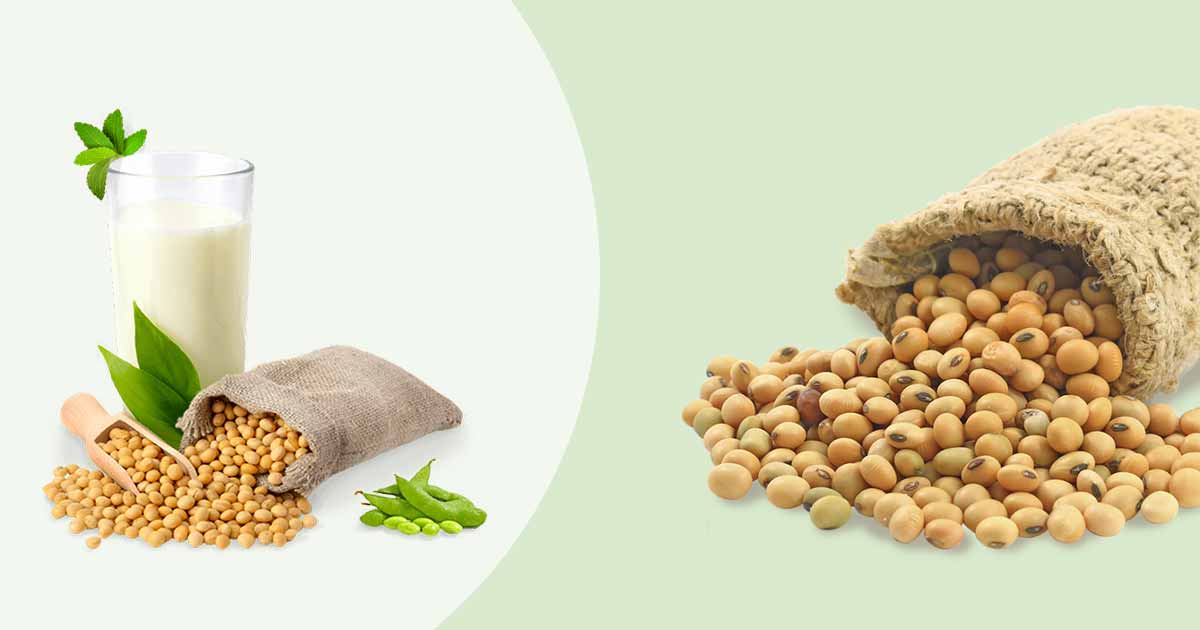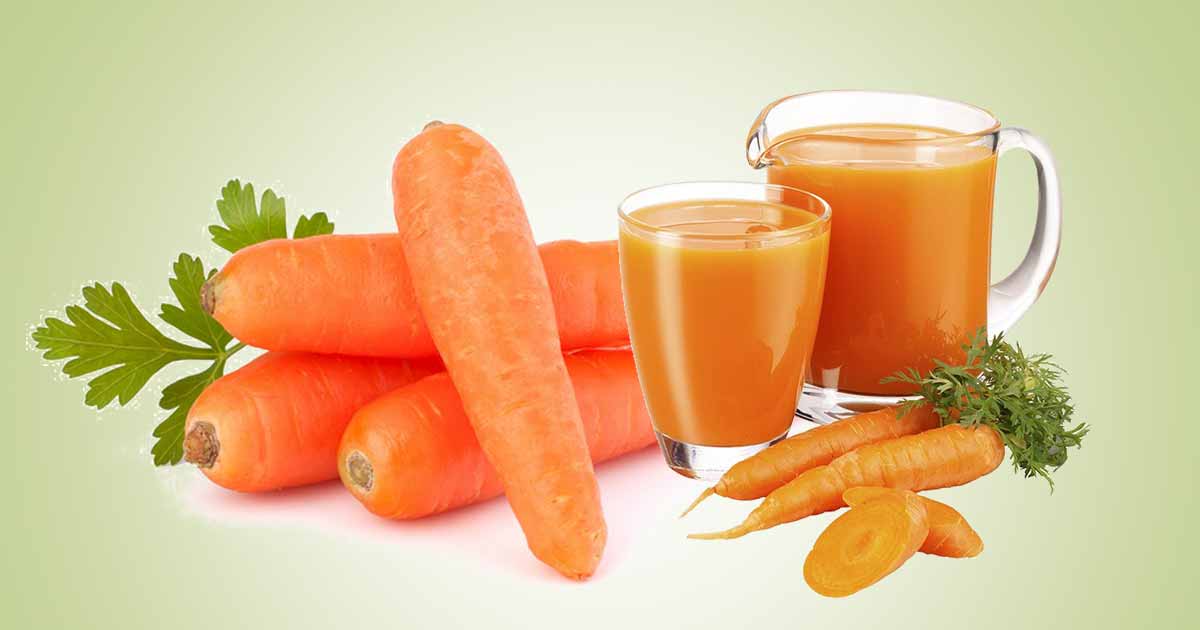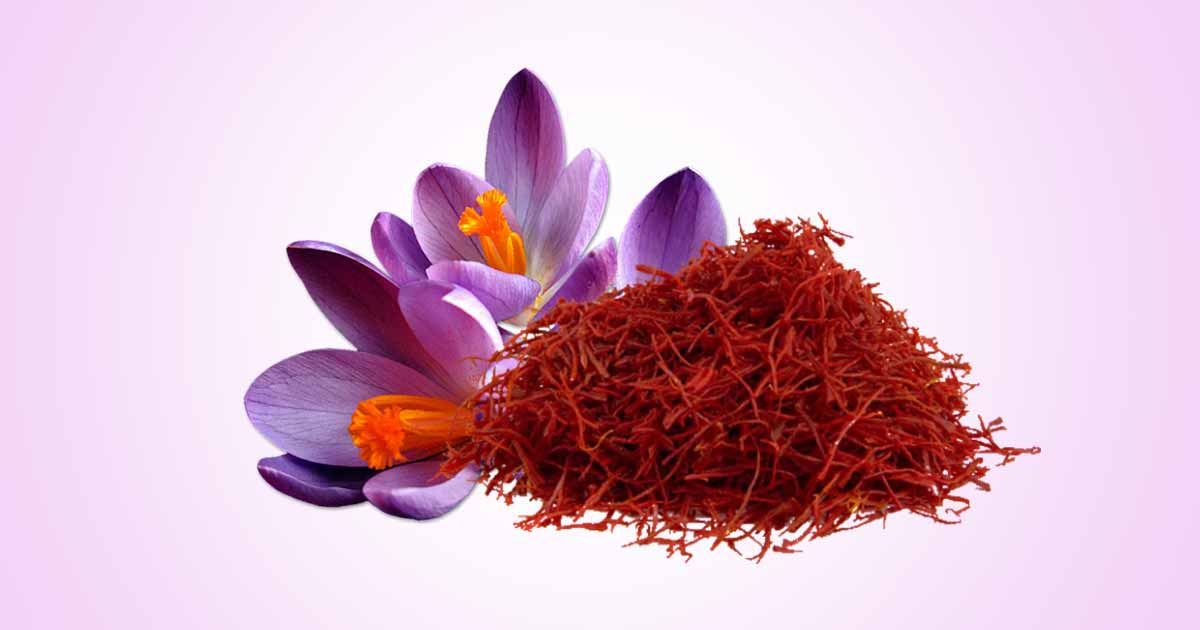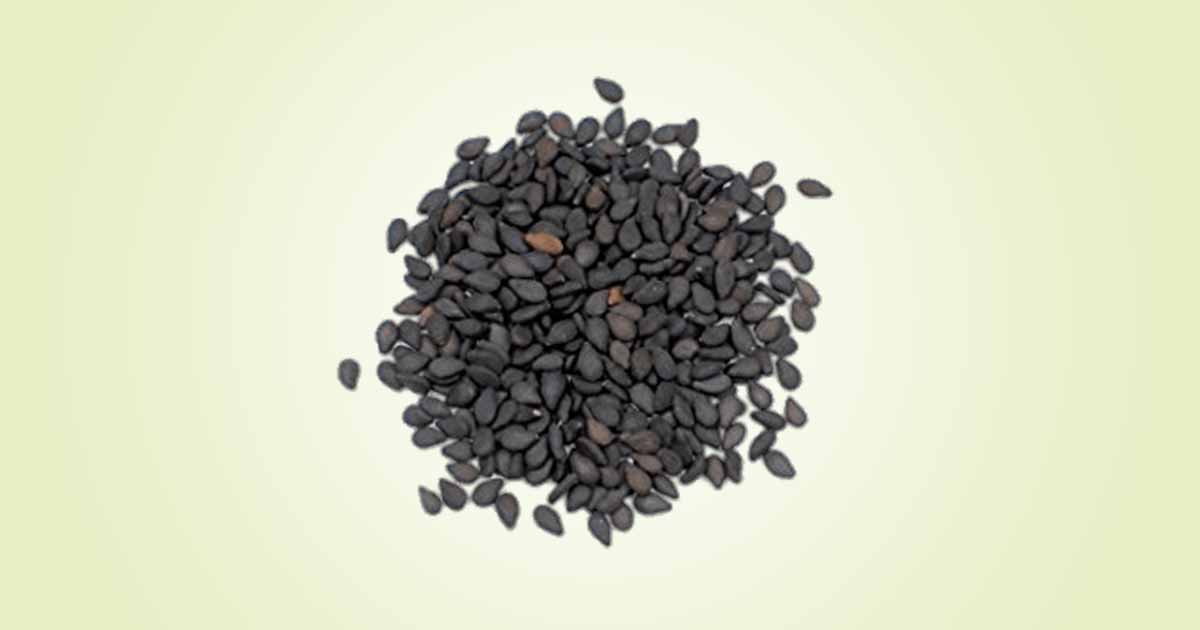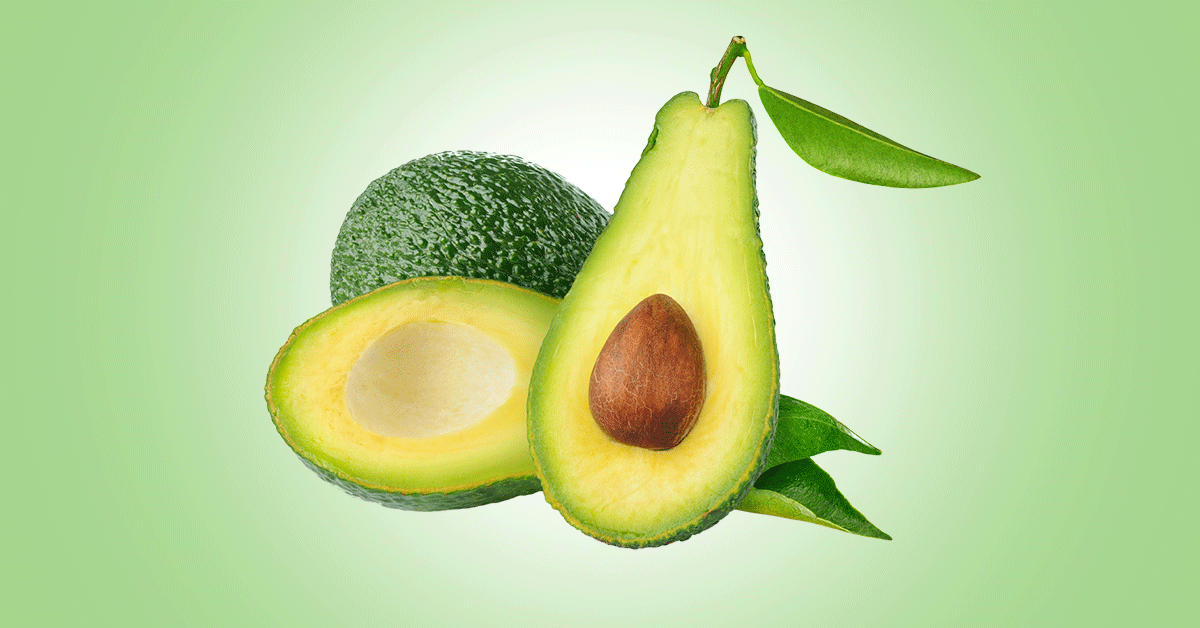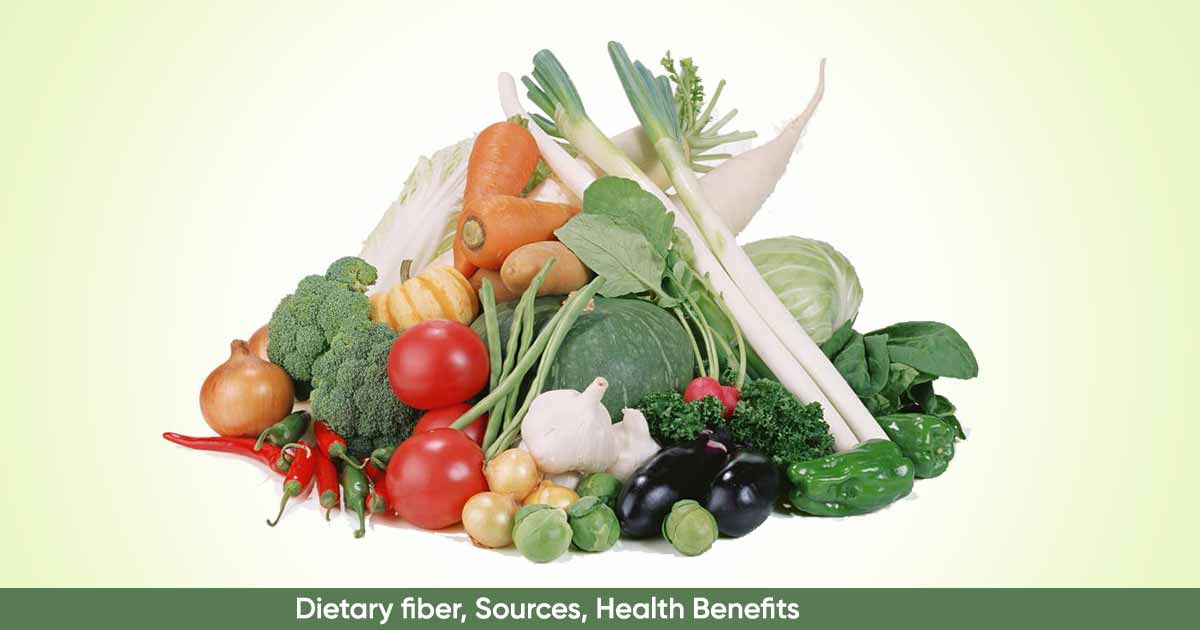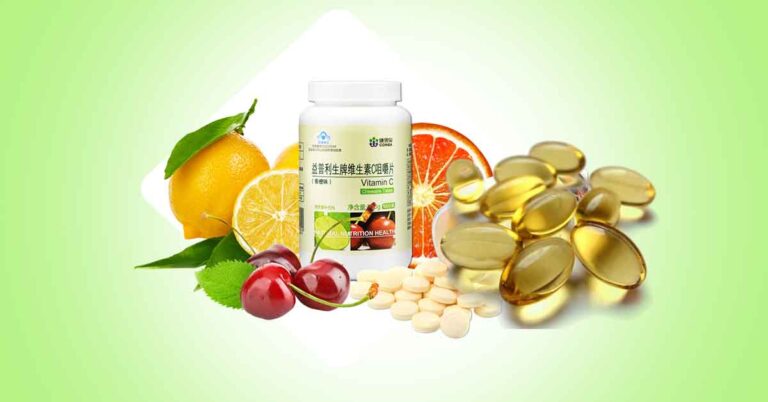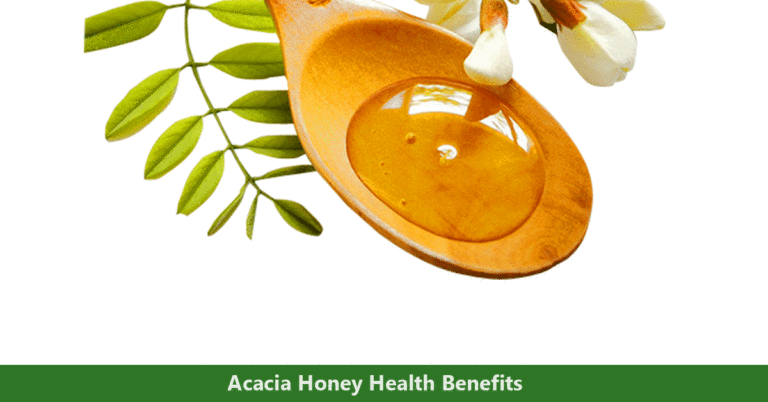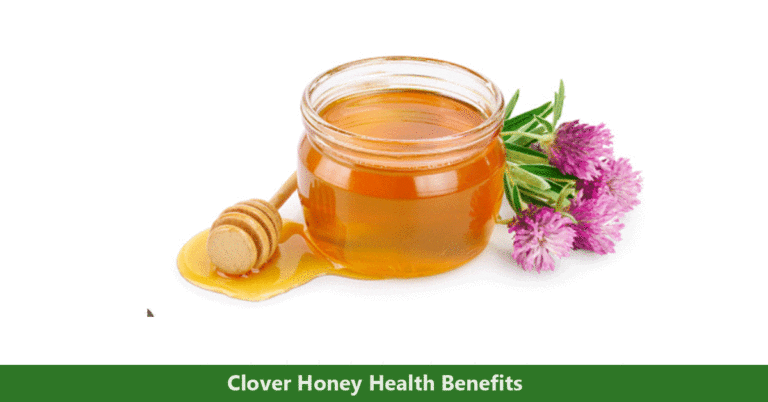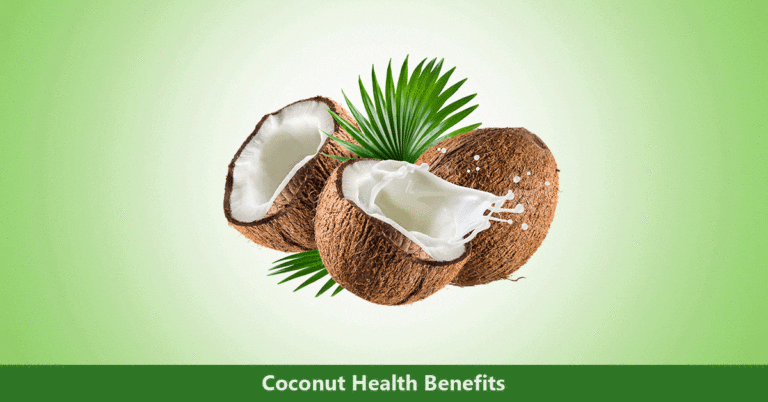Soybean, soy bean, or soya bean, is an annual leguminous plant that is widely grown and consumed because of the numerous nutritional composition and health benefits of the edible seed. The plant originated from East Asia, and it forms an integral part of their diet.
The plant can be consumed whole or processed into other products such as soy milk, soy flour, soybean oil, soy sauce, soy protein, tofu, etc. These processed soy products are more common in the Western part of the world.
Soyabean is rich in numerous nutrients and bioactive elements. However, there are recent concerns that the plant may pose potential adverse effects. This article teaches you everything you need to know about the plant.
Scientific Classification
- Kingdom: Plantae
- Class: Tracheophytes
- Subclass: Angiosperms
- Order: Fabales
- Family: Fabaceae
- Subfamily: Faboideae
- Genus: Glycine
- Species: G. max
Hence, the binomial name for soybean is Glycine max
Nutritional Composition
Protein: Though soyabean contain numerous nutrients, proteins remain the major component. This is why soybean is one of the cheapest and best sources of plant-based proteins (Though the protein gotten from animal sources is of a much higher quality than that gotten from soybeans or any plant-based protein).
Glycinin and conglycinin are the major type of protein in soybean, and they account for about 80% of the protein content.
Fat: Soyabean is used to make soybean oil because of its fat content. Hence, it is also called oil seeds. The fat content is about 18% of the dry weight, and they are monosaturated and polyunsaturated fatty acids, with small quantities of saturated fat.
Linoleic acid is the major type of fat in the soyabean, and it makes up nearly 50% of the total fat volume.
Carbs: Soybeans are low in carbs. Hence, they are low on the Glycemic index (GI). Being low on the glycemic index makes it acceptable for diabetic patients.
Fiber: There is a reasonable quantity of soluble and insoluble fibers in soybeans. The insoluble fibers are largely alpha-galactosides, which may result in flatulence and trots in susceptible people.
Vitamins: Soybean is rich in various vitamins such as;
- Vitamin K1 – It plays a vital function in blood clotting. Vitamin K1 is also known as phylloquinone.
- Vitamin B1 – It is also known as thiamine.
- Vitamin C
- Vitamin B9 – This is needed in large quantities during pregnancy. It is also known as folate.
Minerals: The plant contains minerals such as molybdenum, copper, manganese, phosphorus, zinc, calcium, iron, etc.
Phytochemical Composition
Other bioactive elements in soyabean include Isoflavones, flavonoids, soy lipids, peptides, phytic acid, lectins, soy phytoalexins, soy toxins, soyasaponins, hemagglutinin, etc.
Health Benefits of Soybeans
Heart Health: Numerous research attentions have been drawn to the increased isoflavones dietary intake owing to their likely useful outcomes which is attributed to reducing the risk of cardiovascular diseases.
Likewise, other studies were conducted to find out if soybean diets (specifically, isoflavones) are responsible for lowering cholesterol level which results in a reduction of the risk of developing cardiovascular disease. The result revealed that the main components of soybean and its products can decrease serum cholesterol without aid.
Lipid and Cholesterol Lowering
Another recent study revealed that it significantly decreased LDL cholesterol, serum total cholesterol, and triacylglycerol and as well as significantly heightened HDL (high-density lipoprotein) cholesterol. This is due to the isoflavones component of the soybean. However, the effect of soybean in the reduction of bad cholesterol and increase in good cholesterol depends on the level and time of intake, gender, and initial concentration of serum lipids in the person.
The hypocholesterolemic effect of soybean and its products has also been attributed to preventing atherosclerosis and heart diseases. Also, the large amount of vitamin E in soybean oil helps to shield the body fat from oxidation and scavenge free radicals. Hence, it helps to prevent possible impact upon persistent diseases such as coronary heart disease.
The FDA recommends that the consumption of 25 grams of soy protein a day may decrease the threat of heart disease.
Bone-strengthening property: A report by the National Institute of Health reveals that about 10 million people suffer osteoporosis and another 34 million have low bone mass. Osteoporosis is a disease suffered mainly by the elderly as a result of the progressive decrease in bone density and calcium.
Bone loss is faster in women who are within the menopausal age. This condition increases their chances of suffering a pelvic fracture.
Some epidemiological studies discovered that bone density and pelvic fracture are greater in Western countries and lesser in Asia, where soybean and its products are consumed in large quantities.
Anti-carcinogenic property: Several recent studies reveal that soybeans contain flavonoids, phytoestrogens (isoflavones), genistein, and Biochanin A that are attributed to lowering several cancers comprising lung, liver, colon, bladder, breast, and endometrial cancers.
Isoflavones employ both hormonal and non-hormonal action to prevent cancer. The hormonal action of isoflavones involves many pathways, such as the inhibition of many tyrosine kinases. Tyrosine kinases are involved in regulating cell growth and enhancing transformation growth factor-β (that is involved in the inhibition of the progression of the cell cycle).
Non-hormonal means by which isoflavones heighten their anticarcinogenic effects are through their anti-oxidant, anti-angiogenic, anti-proliferative, and anti-inflammatory properties.
Other health benefits of soybean include; anti-diabetic, anti-obesity, anti-oxidation, hypotensive properties, and alleviation of hot flashes attributed to menopause.
Recommended Daily Dosage of Soybean
The amount (dose) of soybean to be consumed depends on the aim, that is, the disease one is trying to prevent.
- For lowering the cholesterol level, about 25 to 50 grams of soyabean is recommended.
- In cancer prevention, about 20 to 40 grams is recommended.
- For hot flashes (menopausal symptoms), 45 grams of soya flour daily or 80 to 160 mg of isoflavones.
- For the prevention of osteoporosis and post-menopausal women, 40 grams of soya protein containing 90 mg of isoflavones daily for six months.
Side Effect
Soybean increases the risk of heightening blood levels of phytoestrogens in people suffering from kidney failure. Also, large quantities of oxalates found in soyabean may cause kidney stones.
Soy may be probably unsafe to be used in medicinal quantities during pregnancy. High dose consumption of soybean during pregnancy might be harmful to the fetus and can cause infant leukemia.
There is no adequate, reliable information about the effect during pregnancy. However, it is better to stay safe by avoiding high doses during breastfeeding.
Raw soybeans are toxic to humans, chickens, swine, and all monogastric animals. This is attributed to trypsin, a serine protease inhibitor in the digestive system that is said to be toxic. Hence, it must be properly cooked to destroy the trypsin inhibitor.
Isoflavones in soyabean are associated with the risk of breast cancer in women, while tofu, a soybean product, is associated with worsening memory.
A recent study of 12 healthy males who were administered 56g of soy protein powder daily for four weeks reported a 4% decrease in their serum testosterone.
List of References
- Hassan, S. M. (no date). Soybean, Nutrition, and Health. Available at: https://cdn.intechopen.com/pdfs/42663/InTech-Soybean_nutrition_and_health.pdf&ved=2ahUKEwjAybnZr-_-AhWJXqQEHbsABSUQFnoECBUQAQ&usg=AOvVaw0U1EEHoCP8D4Pui0TBie83
- Bolla, K. N. (2015). Soybean Consumption And Health Benefits. International Journal of Scientific & Technology Research, 4(7). Available at: https://www.ijstr.org/final-print/july2015/Soybean-Consumption-And-Health-Benefits.pdf&ved=2ahUKEwic4srXsO_-AhUFhf0HHXp3C3QQFnoECAwQAQ&usg=AOvVaw1aSJOYdXYRldky_dLpbbde
- Venter, C. S. (1999). Health benefits of soy beans and soy products: a review. Journal of Family Ecology and Consumer Sciences, 27(2). Available at: https://www.researchgate.net/publication/272461746_Health_benefits_of_soy_beans_and_soy_products_A_review

